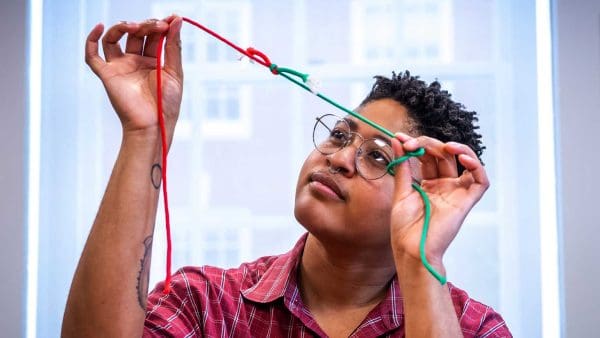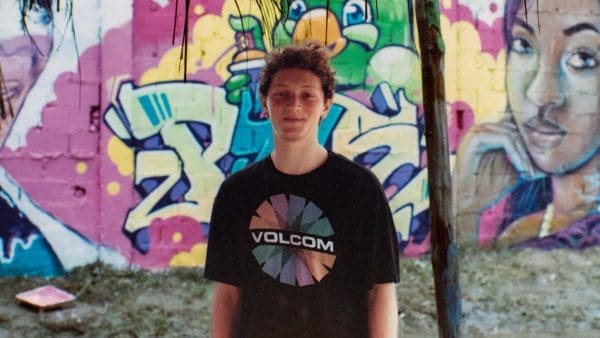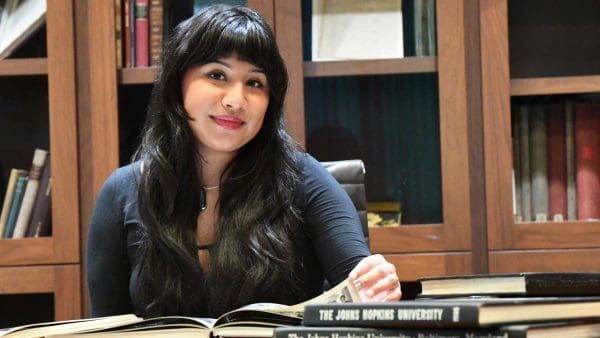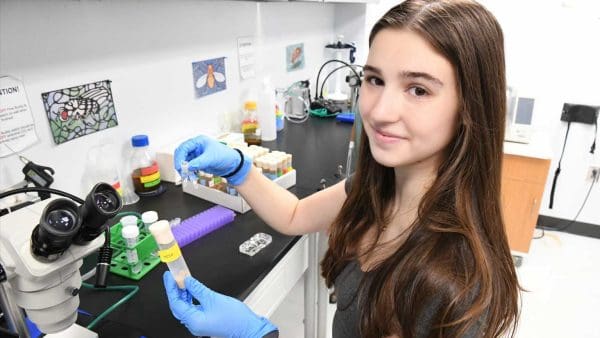
When Jessup Jong was growing up in Seoul, South Korea, and later while serving two years in that nation’s military, the country just 35 miles to the northwest of his home was not viewed kindly. “Both of my grandparents lived through the Korean War,” Jong says. “And, so, we didn’t really have a good perspective on North Korea. We thought of North Koreans as the enemy and that’s what we learned from textbooks.”
But then the senior political science major spent the summer as a policy research assistant at the Harvard Medical School Program in Global Surgery and Social Change, under the guidance of Dr. Kee B. Park, a neurosurgeon who takes medical trips to North Korea. The experience plunged him into complicated geopolitical issues and broadened his understanding of the divided peninsula. “You have to be able to separate the regime, which is a dictatorship, from the people who are living there,” says Jong, recipient of JHU’s Aitchison Public Service Fellowship.
The regime’s human rights abuses are real and need to be called out and addressed, he notes. But important, too, are the pressing humanitarian challenges faced by citizens of the so-called Hermit Kingdom. Much of Jong’s work has been studying the issues and compiling what he learns. “I’ve written policy papers that have been circulated at the State Department as well as the United Nations Security Council,” Jong says. “I’ve also written articles for the public that have been published on NK News and 38 North, outlets for information about North Korea.”
One article for the latter, co-authored with Park, highlighted the street-level suffering caused by United Nations sanctions imposed on North Korea in response to the regime’s ongoing nuclear weapons program. Although sanction exemptions are made for various humanitarian efforts, Jong found that aid to the nation’s most vulnerable people, including pregnant women and the disabled, was blocked or delayed by up to 10 months in 2018. “We’ve seen maternal deaths and severe malnutrition because of these delays and because of the funding gaps,” Jong says. “People have not been getting the aid that they need, though it has improved this year.”
As part of his internship, Jong visited South Korea’s Blue House in Seoul, which is tantamount to our White House. “We pitched a $500 million project to bring medical facilities and infrastructure into North Korea as part of the engagement process with North Korea,” he says. In New York, he met with people from the United Nations Security Council in a closed-door session.
“I’m just very thankful for the hands-on experiences this summer,” Jong says. “When presenting at a medical conference in New York I got to meet the North Korean ambassador—that was a very different experience. Interacting with people who have been in North Korea and worked closely with North Koreans has really opened my mind and helped me put a face to a people.”




